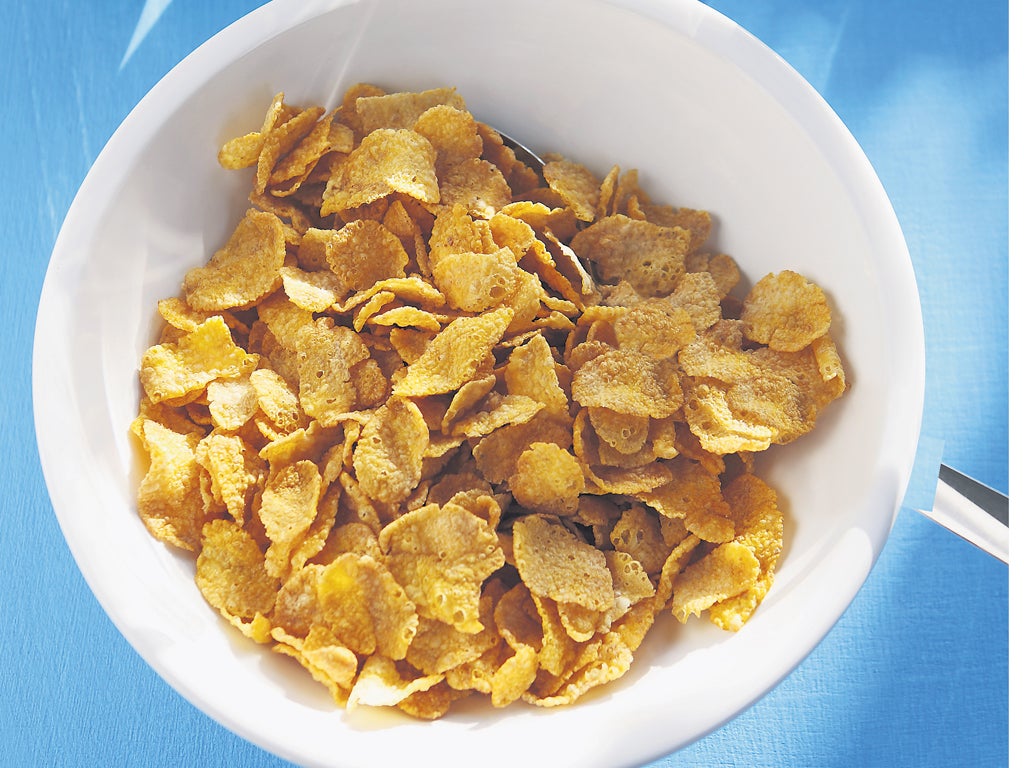Fortified cereals can lead to dangerous vitamin overdose in children, scientists warn
Research has found that added nutrients can push intake beyond safe limits

Fortified cereals and snack bars are putting children at risk of overdosing on vitamins and masking unhealthy products, scientists have warned.
A report by the US Environmental Working Group (EWG) claimed that added vitamins and minerals make items appear healthier to up sales.
But the levels of added nutrients can tip the balance and children are particularly at risk of side-effects.
According the report, millions of children in the US under the age of eight get too much vitamin A, zinc and niacin from fortified foods and supplements, and the picture is likely to be similar in the UK.
A walk down the supermarket cereal aisle will reveal dozens of fortified products from major brands aimed at parents wanting to improve their children’s health.
Because smaller bodies are less able to process excessive amounts, they are more susceptible to overdose.
Too much of some forms of vitamin A can lead to liver damage and skeletal problems.
In adults, high vitamin A intake has been linked to hip fractures and in pregnant women too much vitamin A can harm the foetus.
EWG’s report found that cereals and snack bars “often” contain excessive amounts of vitamin A, zinc, sometimes in amounts considered unsafe for children by the American Institute of Medicine.
Sometimes manufacturers added too much of a nutrient accidentally, the research found.
In February, Mars Foodservices recalled its Uncle Ben’s Infused Rice products after students and teachers at schools in Texas, Illinois and North Dakota experienced burning, itching rashes, headaches and nausea after eating the rice.
The company acknowledged that the effects might have been related to excessive amounts of niacin.
The EWG recommended that children are given food with no more than between 20 and 25 per cent of the adult recommended daily intake for vitamin A, zinc and niacin and warned adults to keep an eye of the cumulative effects of vitamin supplements and fortified food.
A statement said: “Remember that the best source of vitamins and minerals is fresh produce.
“No one is going to get a toxic overdose of vitamins and minerals from pumpkin, spinach, whole grains or broccoli.”
Subscribe to Independent Premium to bookmark this article
Want to bookmark your favourite articles and stories to read or reference later? Start your Independent Premium subscription today.

Join our commenting forum
Join thought-provoking conversations, follow other Independent readers and see their replies